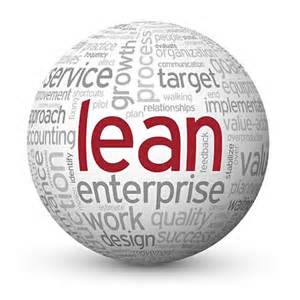Blog
-

It’s Time to Revisit Vendor Managed Inventory
A few decades ago, Vendor Managed Inventory (VMI) was a hot topic. Many manufacturers saw it as a way to reduce inventory levels and costs. If they could get their suppliers to maintain ownership of raw materials or subcontracted components until consumed, inventory levels would naturally drop—on paper anyway. Because they were giving most, or
-
Distinctions Between Discrete and Process Manufacturing
Process manufacturing is different, distinct, and distinguishable from discrete manufacturing. Process manufacturing uses formulations versus discrete manufacturers use Bills of Materials (BOMs) and assembles along a routing. Process manufacturers blend a batch – often a literal recipe found in food and beverage manufacturing. Discrete manufacturers are typically ETO (engineer-to-order), which includes make-to-stock (MTS), make-to-order
-
Lean Manufacturing and Continuous Improvement
Building Muscle for Waste Awareness It almost seemed hackneyed: Lean manufacturing and continuous process improvement. The phrase is tossed about with a certain familiarity and forgone conclusion. Yet this intentional, ongoing process of improving services, and procedures to improve flow, customer satisfaction, quality, safety, and profit means nothing without metrics. A systematic process which identifies
-

Supply Chain Visibility and the Bottom-line
Visibility Matters. Rick Morris, a Certified Supply Chain Professional wrote in Supply House Times that while improving fill rates, improved forecast accuracy also lowers inventory levels measured in days of sales; and simultaneously, improved forecast accuracy improves fill rates and lowers inventory. He suggested this translates into increased profitability. When analysts have studied companies that
-

Creating Trust Throughout the Supply Chain Using Demand-Driven Methods
How reducing forecasting errors and disruption risks create better supplier relationships. Building trust in the supply chain is essential to driving flow; and when there are forecast errors, there is an inherent mistrust throughout the supply chain. Lack of collaboration is often the cornerstone of conflict, blame, and mistrust between a manufacturer and suppliers. Missed
-

Lean Manufacturing Driven by Rapid Return on eKanban Technology Investment
Lean Manufacturing relies heavily on trusted relationships with suppliers and pre-negotiated terms of engagement. Through the use of supplier quality certifications and blanket (long-term) purchase orders, a manufacturer can accurately and effectively calculate the optimal level of inventory needed to fulfill demand requirements through the duration of replenishment lead time. Ensuring supplier performance When a
